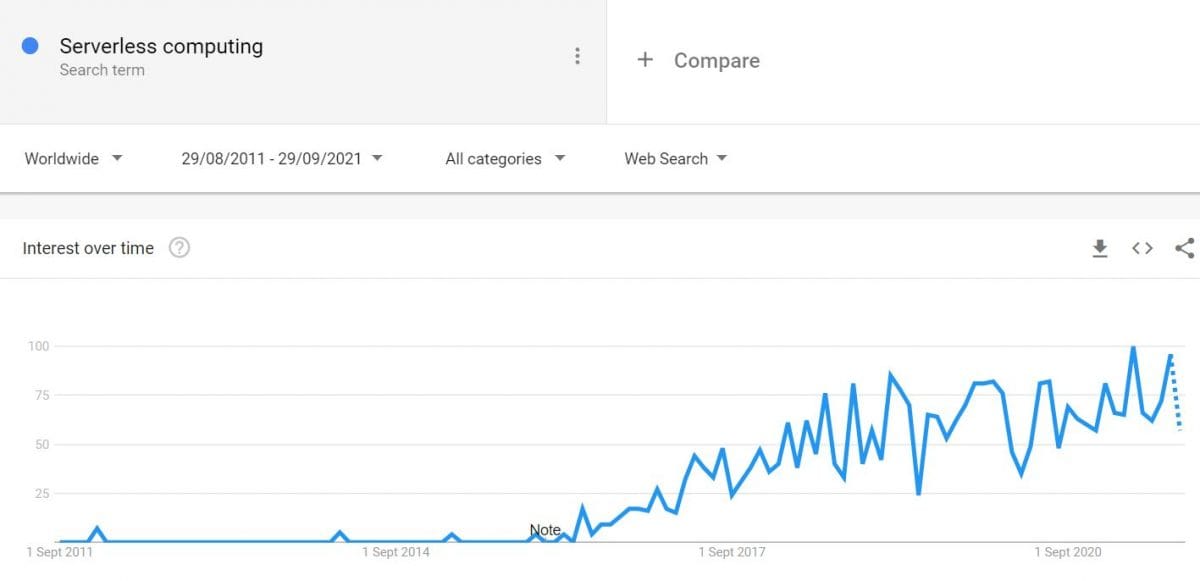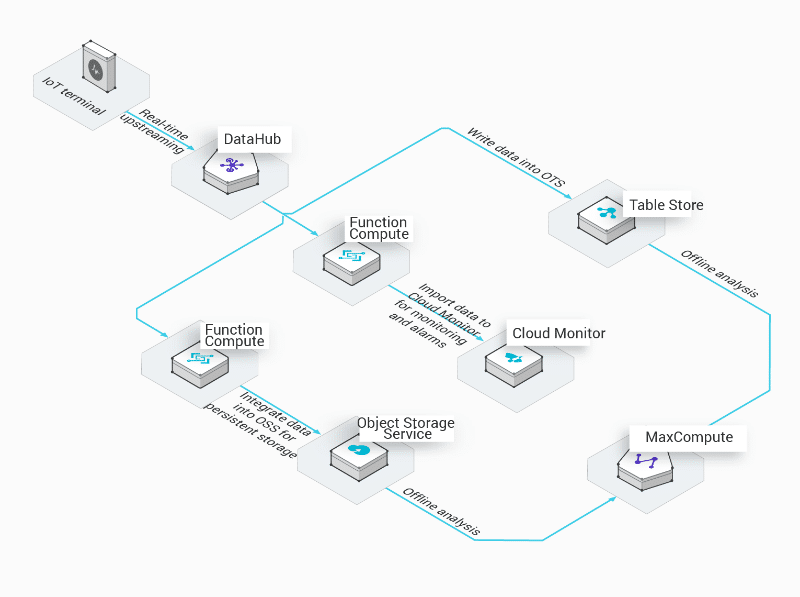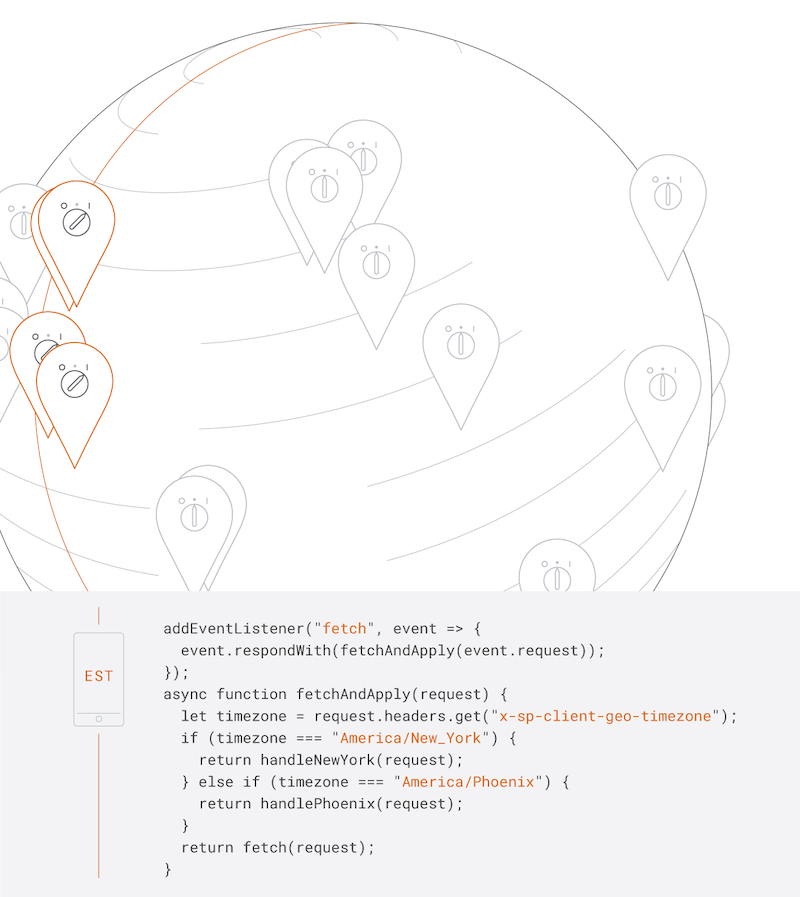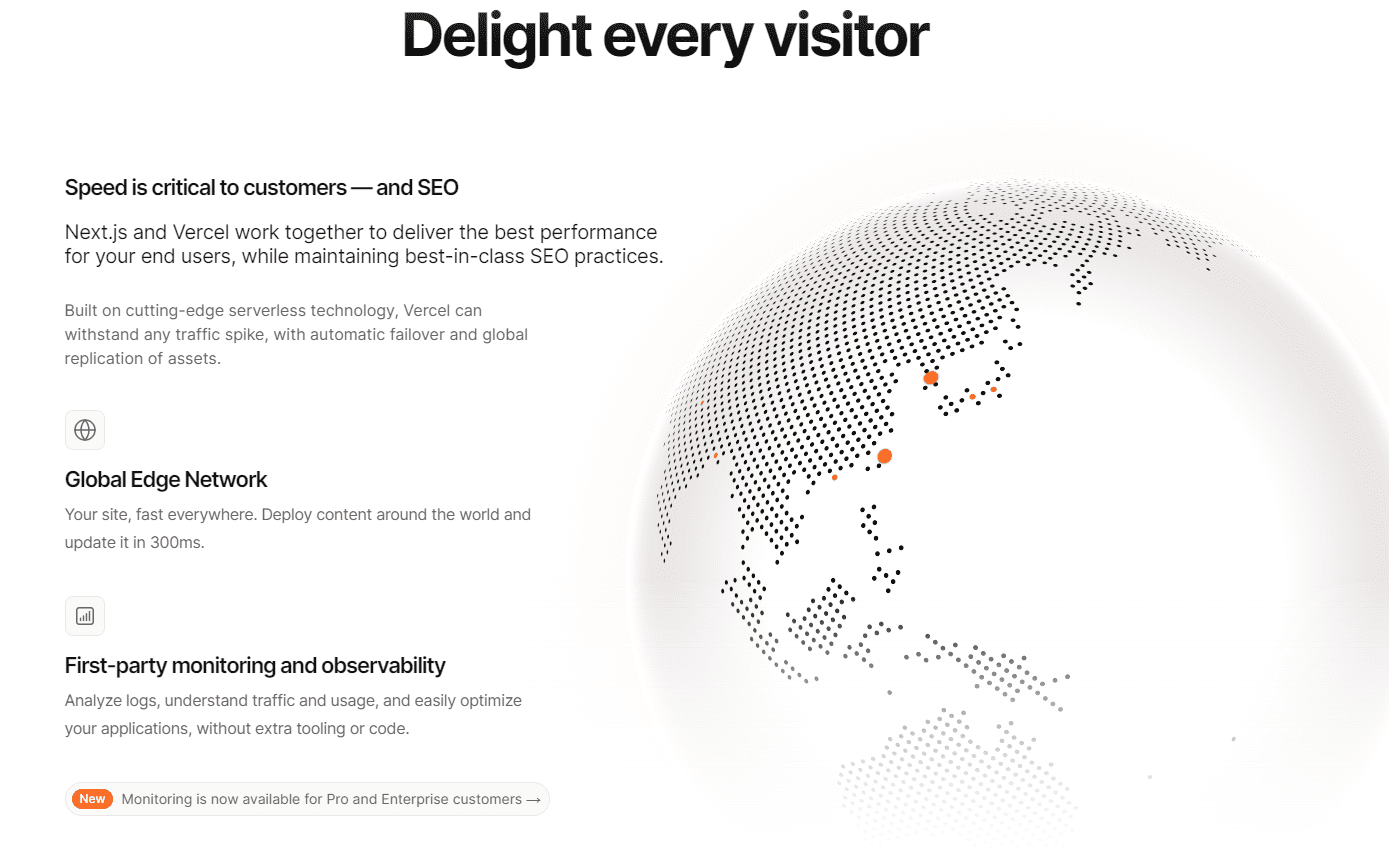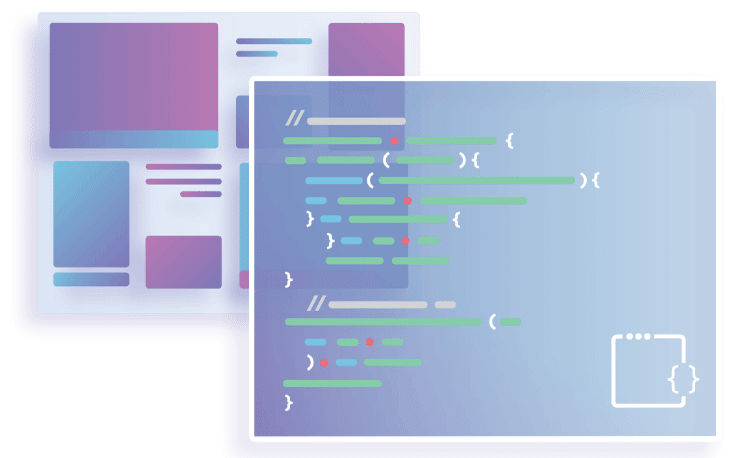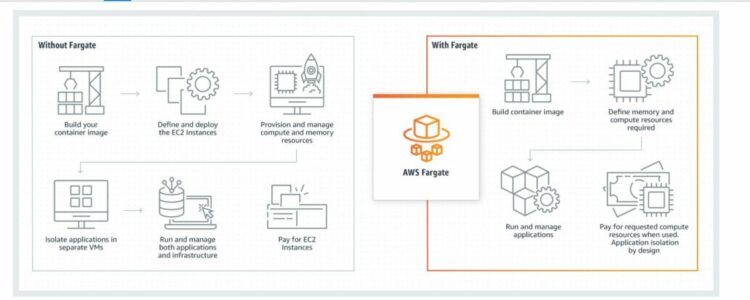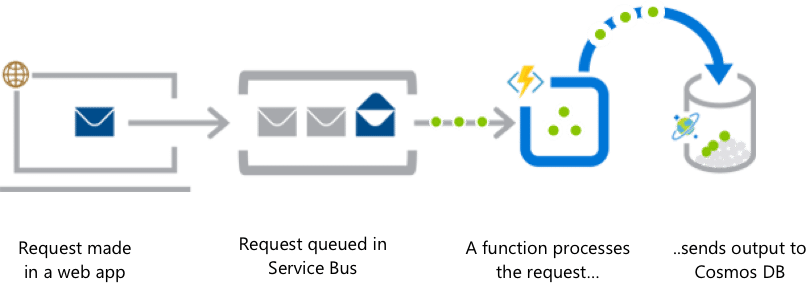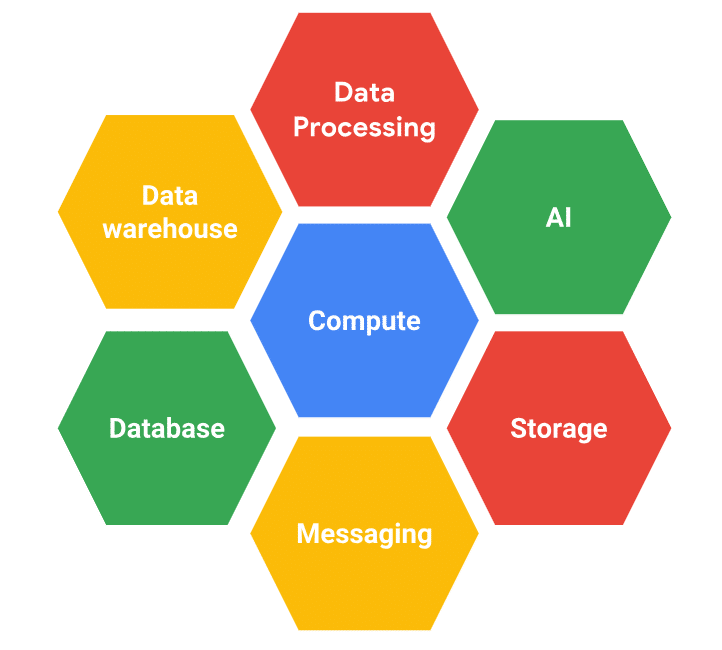
If you use Serverless Computing, you still need servers. Simply put, you have fewer servers to monitor. Now, let’s review some of the top runtime systems on which to host your serverless Application Codes.
The entire application logic execution of a typical application is managed on a virtual, physical, or cloud server. But things are starting to change.
By switching to a serverless architecture, you can delegate the execution of application code to a serverless computing platform. It offers many benefits.
- Hosting the runtime (Node.js, Python, Go, etc.) is not a concern for you.
- Pay only for the resources your application uses (efficient).
- Don’t worry about the increasing demand for the application (expandable).
- Give the provider control over software upgrades and security.
- Simple integration with other provider services
- Quick application deployment and modification times
For a developer or business owner, this is a great deal where you focus on your code and let the experts handle the implementation. If you are new to serverless, you can use this course as a guide.
1) Alibaba Function Compute
The first on the list of Serverless Computing Platform is Alibaba Function Compute. A perfect choice for the global market and China. Alibaba recently unveiled a serverless computing solution that allows you to run and upload code without worrying about maintaining servers or other necessary infrastructure.
An example of a serverless flow for real-time IoT message processing.
Alibaba provides 1 million requests per month at no cost. Well done for trying.
Functions as a Service (FaaS) is just one aspect of the serverless concept. There are too many. With the above platform, hopefully, you can build a stable application without worrying about server management and maintenance, most notably, at a lower cost.
2) StackPath
Your code is executed near the user’s location using StackPath’s serverless scripting.
There are several applications:
- API entry point
- Balance load
- Protective shield
- Image correction
- Customizing the end-user experience
- User authentication
Chrome V8’s JavaScript engine powers StackPath. EdgeEngine’s latency is less than 50 ms.
You can use their IDE to build your application or just submit the code.
3) Deno Deploy
Deno Deploy is the best option if you are looking for hassle-free, serverless JavaScript hosting. Isn’t the ability to start a project without configuration a developer’s dream come true? Moreover, it supports apps, static websites and edge functions.
For companies looking for subhosting that offers security, scalability, and flexibility, Dino Deploy is the perfect choice.
Some of the salient features of Deno Deploy are:
- Applicable user procedures with JavaScript inclusion
- Secure scale using multiple tenants
- Accurate resource management in multi-tenant workloads
- Deno Deploy offers hassle-free serverless JavaScript hosting.
- Support for applications, static websites, and edge functions
- Perfect for companies looking for secure, scalable, and customizable sub-hosting
- No configuration is required to deploy the project.
JavaScript can be integrated into multi-tenant workloads to precisely manage resources, securely scale with multi-tenancy, and customize user processes.
4) DigitalOcean App Platform
The DigitalOcean App platform enables developers to publish code directly to DigitalOcean servers without the need for any underlying infrastructure. It removes the additional burden and facilitates a faster app launch process for developers by deploying code directly from known repositories.
By supporting widely used languages and frameworks, this tool increases developer productivity and speeds development and deployment. Built-in security, fast deployment, insightful analysis, easy function addition, and more are some of the key features.
5) Vercel
The next tool on the list was created by the Next.js developers and is specifically designed for Next.js applications. At its core, Vercel is a front-end cloud platform that provides developers with the tools, processes and frameworks they need to build faster and more personalized web experiences.
It serves as a complete web development toolkit that includes everything from performance optimization and seamless image upgrades to automated API management. Vercel offers all the resources you need to realize your website vision.
It also interfaces easily with your backend. Additionally, Versal is a great option for developers as it provides end-to-end testing on localhost.
6) AWS Lambda
One of the first platforms that allows you to run your code while AWS handles (behind the scenes) management is AWS Lambda.
It previously only ran Node.js but now supports Python, Go, Java, and C#.
The image shows that you have to upload your application code. Lambda will take care of the execution. You have two options: use web applications or AWS services to enable it automatically or do it manually.
Many real-time scenarios, such as file processing, streaming, data conversion, data validation, and API request handling, can benefit from using AWS Lambda.
Some of the features are:
- Seamless interaction with additional AWS services
- Lambda works without states.
- Highly available and fault-tolerant infrastructure.
- Lots of recording and observation
- Self-adjusting scale
- Also, much more.
The good news is that AWS’s free tier allows you to experiment with up to 1 million requests and 400,000 GB seconds of compute time.
For a small project or for fun, a free tier will be more than enough. If you are interested in learning, you can check out Stephane Maarek’s interactive online course.
And if regulations are a concern, AWS Lambda complies with ISO, PCI, HIPPA, and SOC regulations.
7) Cloudflare Workers
Cloudflare is much more than a CDN and security provider. They provide a lot.
They recently launched Cloudflare Workers, which lets you use more than 150 of their data centers around the world to run JavaScript.
If you need your JavaScript to run faster, try Cloudflare because it uses the V8 JS engine.
For rapid deployment, workers can be integrated with a serverless framework. It can be launched for as little as $5 a month.
They include several scripts (recipes) that you can review and experiment with to get familiar with them.
8) AWS Fargate
Amazon’s serverless compute solution for running containers is called AWS Fargate. It provides a pay-as-you-go option that enables Serverless Computing platform development. Fargate handles server scaling, patching and security, freeing you from the hassle of infrastructure management.
Elastic Container Service (ECS) and Elastic Kubernetes Container Service (EKS) on Amazon are compatible with AWS Fargate.
The benefits that AWS Fargate provides are:
- A dedicated method for using containers
- Based on the amount of memory, storage, and CPU resources used
- Support for development environments for AI and ML
- A dedicated runtime environment for ECS and EKS jobs to enhance security
- Connectivity to Amazon CloudWatch Container Insights for easy application monitoring
9) Azure Functions
Many different programming languages are supported by event-driven computing.
- JavaScript
- c#
- F#
- Java
- The Python
- PHP
- Typescript
- scream
- PowerShell
Azure Functions handles the infrastructure needs of your application and scales up or down as needed. You don’t have to worry about capacity scheduling.
Among many other features, you can use blob storage, streaming, webhooks, HTTP APIs from mobile applications, and online applications to invoke a function.
The total execution time of your code determines how much it costs. Azure provides 1 million executions per month for free and has no upfront cost.
Go ahead and build your own serverless application for SaaS goods, APIs, etc., using Azure Functions.
10) Google Cloud
There are several serverless computing options available from Google Cloud.
App Engine – A completely managed platform for web and mobile applications is called App Engine. Your application built in PHP, Python, C#, Node.js, Ruby, Go, etc. can be deployed. Your application charges for the resources it uses, and you scale it according to demand.
Cloud Functions – An event-driven platform for Node.js and Python apps to run on the cloud is called CloudFunctions. Functions can be used to build chatbots, sentiment analysis, stream processing, IoT backends, and more.
Storage, FireStore, BigQuery, Dataflow, Pub/Sub, and ML engines are some others. Most likely, all the components are needed to fit a serverless application architecture for a corporation.
11) IBM Cloud Functions
The foundation of IBM Cloud Functions is Apache OpenWhisk, which is used to create application actions that react quickly to event triggers.
There are many great tutorials on building a serverless platform, mobile backend, API, searchable video, etc., to understand how it works.
That’s it for the list of Serverless Computing Platforms.
ALSO SEE:
- Cloud PC
- Free CRM Tools
- Cloud Gaming Services
- Windows VPS Hosting
- Cloud Cost Management
- Discord Bot Hosting
Abstract
One of the best ways to reduce hosting and infrastructure maintenance costs is to go serverless. I understand that migrating legacy apps can be difficult. So, if you’re designing a sophisticated program, your architect should take serverless into account. Here are some great resources for learning about Serverless Computing.
